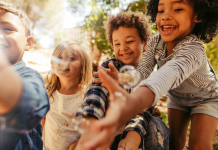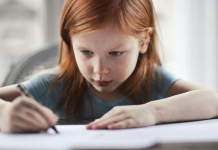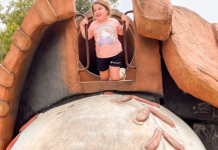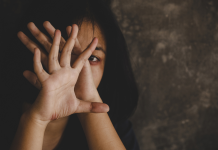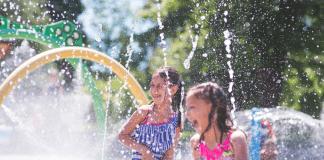Hey, mamas, it is time to get fired up! It is time to stop being desensitized and quiet and small and complacent. If we want a better world for our children — all children regardless of race, religion, sexual orientation, or any and all other factors — the time to listen is now.
If not us, then who? If not now, then when?
When I had my kids, like any mom, my anxiety turned up — but never did I have to worry about my kids not being accepted because of the color of their skin. Never did I have to think about how they may not be able to go for a run or be out with friends, without worrying their lives could be in danger. Never did I have to think that someone would see them and walk on the other side of the street or hate them without knowing them — just because of their skin color.
This isn’t about white guilt. This is about being and doing better. About being the change that Gandhi said we need to see in the world. It’s about truly making our country the land of the free. But in order for it to truly be the land of the free, it needs to truly be the home of the brave, and we are all called to the front lines. We are called to show up and be brave and get comfortable with being uncomfortable.
I am writing this to all mamas because that is my platform. You are my people. And because as women, some of us are the spiritual leaders in our families. We are the curators of our children’s experiences and as my friend and parenting guru Vivek Patel says, “Conscious parenting is activism.”
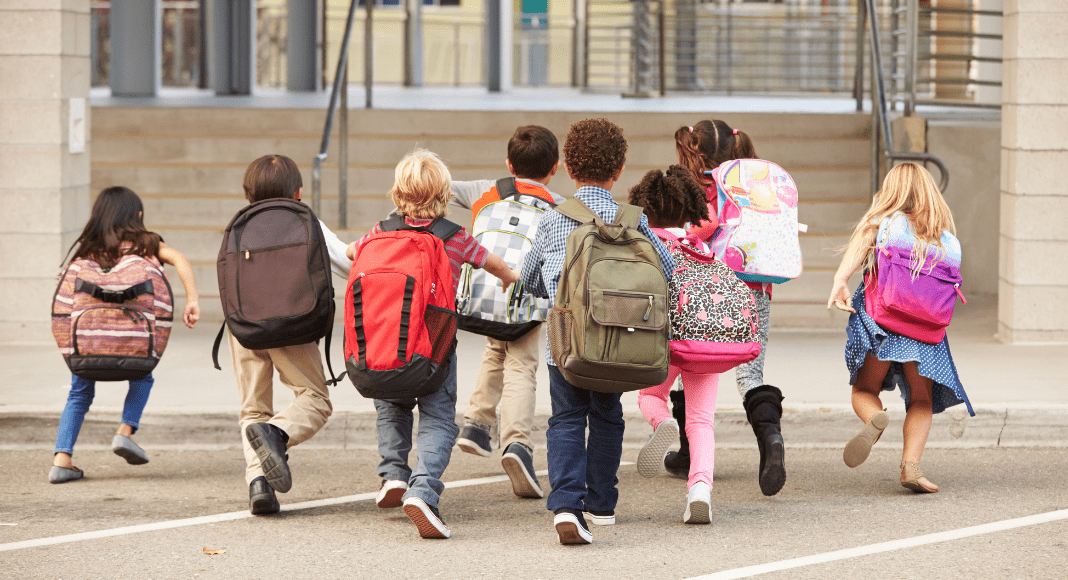 It’s time for us to get active.
It’s time for us to get active.
This all might make you feel uncomfortable and that’s okay. It’s better than okay. It is great, actually. You should feel uncomfortable about racism. In fact, you should feel disgusted. As Tony Robbins says, “You have to be disgusted to make a change.”
For a little context, I have been an educator for 14 years but for the latter half of my career, I have taught in predominantly black communities. I’m a white girl from the north and I was teaching adolescent black students about our history: the messy, complicated, and oftentimes frustrating history of our country. At times that was uncomfortable, but that discomfort paled in comparison to the discomfort of talking to them about the present. It’s the 21st century and I wish that hate crimes and racial discrimination were things of the past. But horrifyingly, seeing people who look like them murdered is in their faces far too often in the news.
The Holocaust, The Civil Rights Movement, Women’s Liberation, and especially Gay marriage was not that long ago in the grand scheme of our history and we are still feeling the effects of that today. But as many of us are leaders in our families, we can band together and help ensure that antisemitism, racism, rape culture, domestic inequalities, and shaming of the LGBTQ+ community are truly things of the past.
It is long overdue for us to confront the reality that we have a major role to play in this. We can do better for all of our children. It starts with us and it starts today.
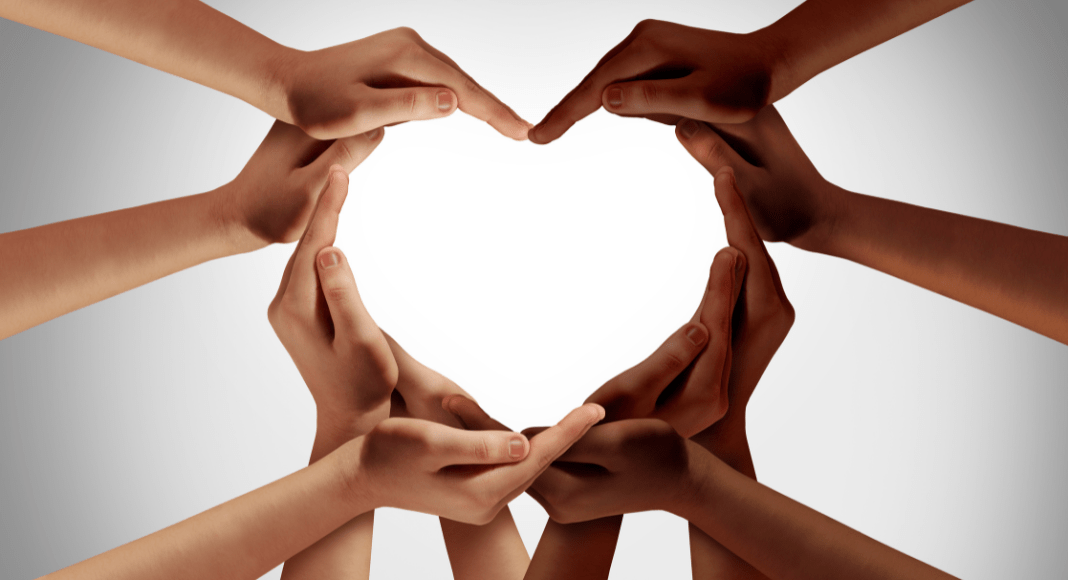 Here are just a few simple places to begin toward racial healing in our world:
Here are just a few simple places to begin toward racial healing in our world:
- Go there. Get uncomfortable. Get disgusted. Commit to doing the messy work of confronting the current reality in our society and in yourself. Name your biases — explicit and implicit. Uncover them. Acknowledge. We all have them. A great tool that I have used before is this free test put on by Harvard.
- Talk to your kids about race. Honestly, they’re never too young. There are different resources available that are developmentally appropriate. Here are a few.
- Expose your children to diverse literature. Yes, the type that overtly talks about acceptance and the value of diversity. But also the type that just includes POC, LGBTQ+, and anyone who has a diverse way of looking, thinking, and being in the world as protagonists.
- Model acceptance and relationships. As parents, we must always remember that what we do is also teaching our kids. How do we interact with people who are different than us? How do we talk about them? What do we do or say when others don’t talk about someone who is diverse in a kind and respectful way? Little eyes are always watching and little ears are always listening.
- Practice deep, generous listening. Listen to our friends who are marginalized. Ask questions and truly listen to the answers.
- Share diverse voices.
- Donate to a cause that speaks to you and supports this work. Here are a few that I am familiar with but do your own research.
8. Educate yourself. Read perspectives from people who are different from you — and learn how to be an ally. A few great resources on this are:
There is so much work to be done. Like any lasting transformation, small changes yield massive shifts. We can’t let our fear hold us back. This may offend some people and there may be things that are imperfectly ignorant and insensitive here, but I’m okay with that because I’m learning and I’m trying and I’m showing up. Even when it’s messy and even when it’s hard, I am inviting you to do the same.
“Never doubt that a small group of thoughtful, committed citizens can change the world. Indeed, it is the only thing that ever has.” — Margaret Mead


